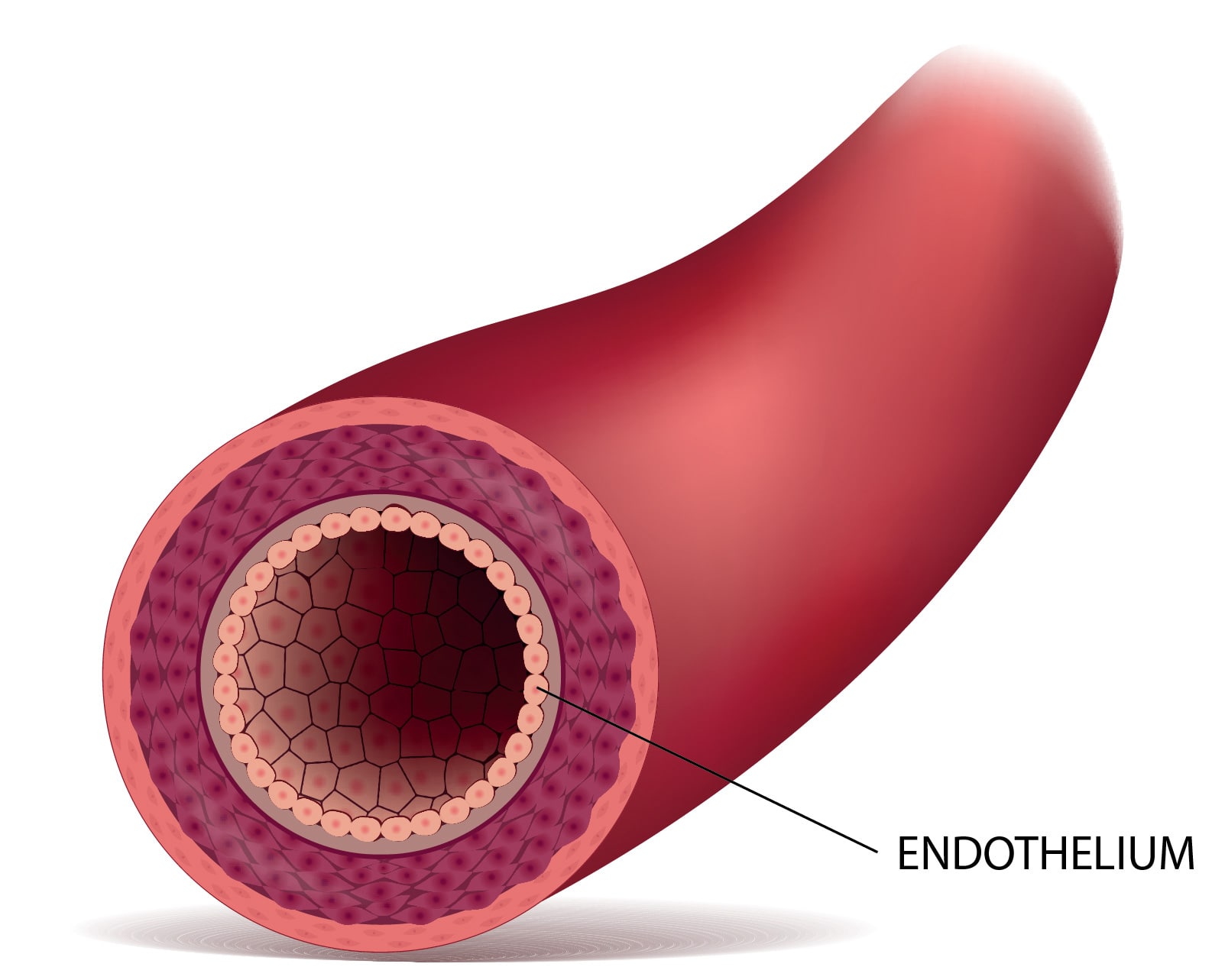Table of Contents
2023 was a great year for discoveries that resulted from sleep studies.
- Lucid Dreaming: Researchers have made significant progress in understanding lucid dreaming, where individuals are aware that they are dreaming and can even communicate with researchers during their dreams. This opens up possibilities for “interactive dreaming” to practice skills or solve problems while asleep.
- Memory Reactivation: A review of recent research has shown that memories formed during the day get reactivated while we are sleeping. This was discovered using machine learning techniques to decode the contents of the sleeping brain.
- Neuronal Reset: A study found that sleep resets neurons for new memories the next day. This mechanism allows the brain to reuse the same neurons for new learning, which could have implications for boosting memory and treating conditions like Alzheimer’s disease.
- Sleep and Memory: Chronic lack of sleep in young mice leads to poor performance when learning new tasks. This research highlights the importance of sleep for memory and learning.
Sleep quality affects the health of the cells that line the blood vessels
A study from the American College of Cardiology showed how sleep quality affects the health of the cells that line the blood vessels and how poor sleep is linked to heart disease.
- Sleep quality and longevity: The study reports on new research that found a link between good sleep habits and a lower risk of death from various causes.
- Low-risk sleep score: The study explains how the researchers created a low-risk sleep score based on five factors of quality sleep, such as sleep duration, difficulty falling asleep, trouble staying asleep, use of sleep medication, and feeling well rested.
- Life expectancy gains: The study showed that people with all five quality sleep factors had a 30% lower risk of dying for any reason and higher life expectancy than those with none or only one of the factors.
- Implications and limitations: The study discusses the implications of the findings for improving overall health and preventing premature mortality, as well as the study’s limitations, such as self-reported sleep habits and lack of information about sleep disorders.
Sleep affects our resilience to depression and anxiety.
A study from the University of York revealed how sleep affects our resilience to depression and anxiety and how high-quality sleep can enhance our emotional stability.
- Sleep quality and mental health: The study found quality sleep can help bolster resilience to depression and anxiety, especially during chronic stress situations like the COVID-19 pandemic.
- Study details: The study, led by researchers at the University of York, analyzed data from over 600 participants who self-reported their sleep quality, coping strategies, and mental well-being during the pandemic.
- Study findings: The study found that better sleep quality was associated with fewer symptoms of both depression and anxiety and that positive coping strategies, such as reframing a situation, also supported mental health outcomes.
- References: The study was originally published in Cortex.
Cultural and environmental factors in sleep patterns and sleep quality of people in Asia
A study from the National University of Singapore, Yong Loo Lin School of Medicine, compared people’s sleep patterns and quality in Asia and other regions and how cultural and environmental factors influence sleep.
- Sleep data from over 220,000 people reveal global differences in weekly sleep variability and sleep extension.
- New research on sleep patterns across 35 countries: NUS Medicine and Oura Health Oy analyzed 50 million nights of anonymized sleep data from over 220,000 users of the Oura Ring, a consumer sleep tracker.
- People in Asia have shorter, later, and lower quality sleep: The study’s key findings showed that people in Asia have the worst sleep patterns compared to other regions and that work culture may be a contributing factor.
- Implications for health, well-being, and performance: The study explains the impact of sleep on various aspects of human life and the goal of providing customized sleep advice that considers individual and socio-cultural factors.
A new article from the National Institute of Neurological Disorders and Stroke
The institute’s article explains how sleep works and what happens to the mind and body during the 3 sleep stages and REM sleep.
- Sleep is vital for brain functions – Sleep helps form and maintain neural pathways that enable learning, memory, concentration, and communication.
- Sleep is a housekeeping role for the brain – Sleep clears out toxins that accumulate in the brain during wakefulness, which may prevent neurodegenerative diseases.
- Sleep affects many aspects of health – Sleep influences metabolism, immune function, mood, and disease resistance. Lack of sleep or poor quality sleep increases the risk of various disorders.
- Sleep is a complex and dynamic process – Biological, environmental, and behavioral factors regulate sleep. Sleep involves different stages and cycles that affect body and brain function.




















